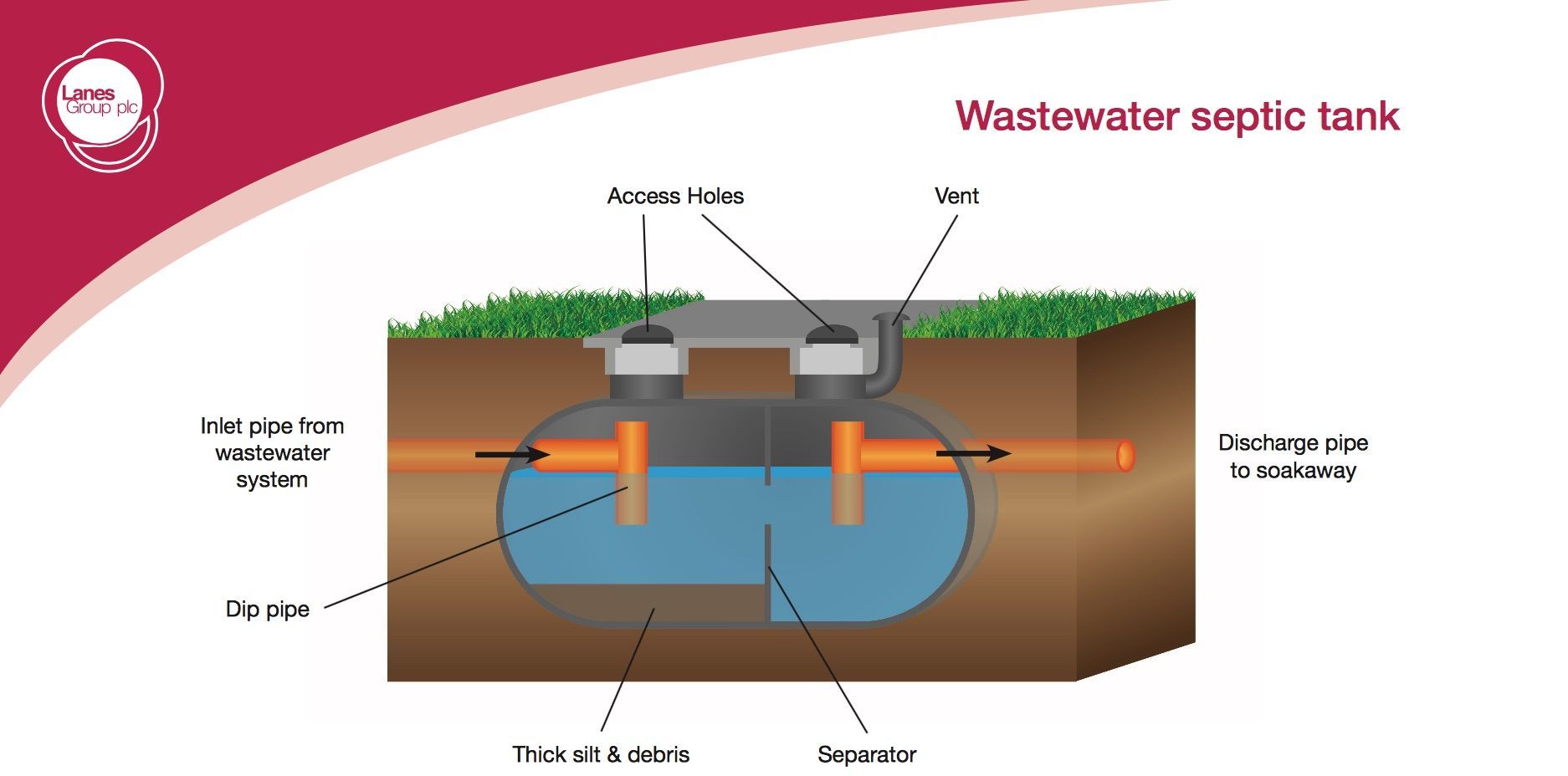Septic Tank Maintenance

Regulatory Requirements
As a septic tank owner, you will need to be aware of the specific rules and regulations that apply to you.
Since septic tanks are not connected to the main sewage system, you will be responsible for carrying out maintenance as and when appropriate.
There are general binding rules you must comply with, explained on the official UK government website. Rules vary depending on which part of the UK you live in and where the sewage from your septic tank is released, so it will be up to you to find out which regulations apply to your circumstances.
It is also essential to keep abreast of any new changes to the legislation as they come into effect. For example, as of January 2020, it is no longer legal for septic tanks to discharge directly into a watercourse, meaning you will need to install a small sewage or package treatment plant to clean the liquid before it goes into the river or stream.
This applies to new and existing systems, and failing to adhere to the law could result in a fine of up to £100,000.
For further guidance, check out our septic tank best practice guide.
Maintenance
You need to make sure your septic tank is properly maintained. If the tank becomes a problem for the general public, your local council or authority can and will get involved, insisting upon it being properly cleaned. If you have a permit for your tank, this will also outline set conditions that you will also have to meet. To meet these conditions, government guidance explains that you should make sure the septic tank is emptied at least once a year by a registered waste carrier like Lanes.
Guidance
Government guidance on septic tank maintenance and emptying generally covers the following:
- Inspecting the area where your tank releases sewage on a monthly basis
- Making sure there aren’t any signs of system malfunctioning around the area of your septic tank, or where the sewage enters water
- Understand what the criteria of your permit are, and how you’re expected to meet these criteria at the time of organising your permit
While it’s important to maintain your septic tank, it’s also essential to keep a detailed track of everything you’ve had to get done to it, any issues you’ve come across and any documents to prove its upkeep.
FAQs About Maintaining Septic Tanks
How often should I pump a septic tank?
If your tank has electrical features it should be inspected once every 12 months due to the safety concerns surrounding electronic water appliances; however, typical household septic tanks only need to be pumped between three and five years, on average.
This obviously depends on how much water your household uses, the size of your tank, and the expected volume of solids in the wastewater.
You will need to pump your tank if there is sludge within 12 inches of the tank outlet.
What will a service provider look for when conducting an inspection?
Service providers will occasionally schedule inspections of your septic tank based on the factors in the above FAQ. They will be checking for any leaks or breaches, and will measure how much scum and sludge has been collected within the period of time since the last pump.
The service will provide repairs and maintenance based on this inspection.
How can I be more efficient with my water usage?
Aside from installing more efficient water appliances, you can reduce your water usage simply by paying attention to your shower times and frequency of running baths. Washing machines are one of the largest users of water in the house, and many come with more energy-friendly options that will still leave your laundry clean while using less water.
What should I avoid flushing/pouring down the drain?
Many issues with septic systems come from incorrect usage. Chemicals, cooking oil and paper towels are among the examples of items that you may not be aware of damaging your septic system.
Further examples include, but are not limited to:
- Cosmetic and healthcare products – dental floss, baby/wet wipes, condoms
- Biological waste – cat litter, diapers, feminine hygiene products
- Food waste – coffee grounds, cigarette butts
- Pharmaceuticals
If you have any specific questions about septic tank maintenance or are looking for a professional service to assist with cleaning and maintaining your equipment, call us now on 0800 526 488. By getting in contact as soon as possible, you can potentially avoid any sewage issues in your home.








